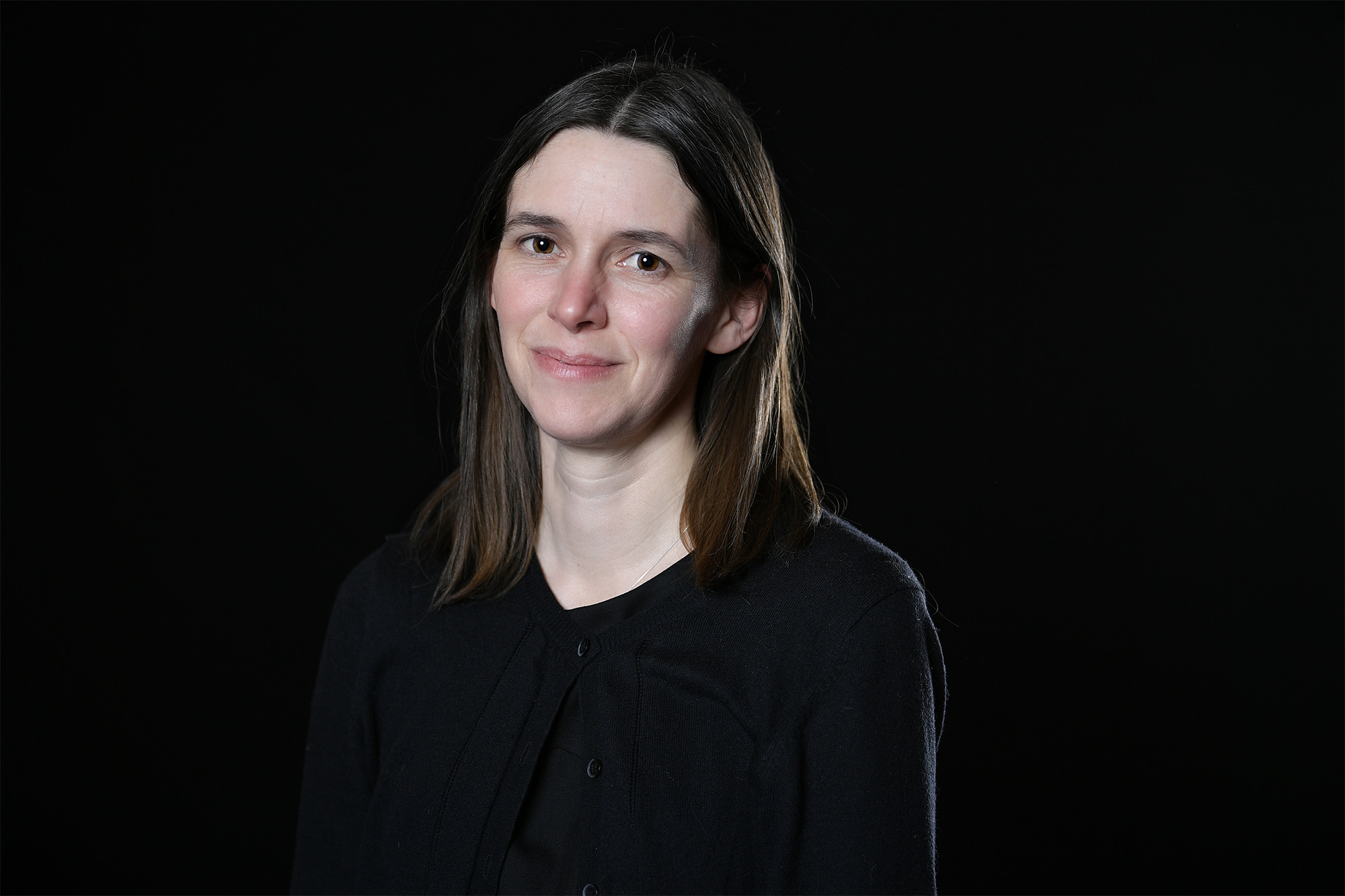
Charlotte is a Legal Director in the Family department with a wealth of experience in advising clients on all issues arising throughout their relationships that affect them and their children, including pre- and mid-nuptial agreements, divorce, co-habitation, complex financial disputes and jurisdictional issues.
She is also well versed in private children matters, including with whom children are to live and spend their time, and applications for leave for children to move to a different country. Many of her cases have an international element and regularly involve high net worth individuals, often with complicated company or trust structures.
Charlotte is listed in The Legal 500 UK 2020 as a Rising Star of the Family world, being described as ‘enormously helpful’ by referees.
Clients praise her for her reassuring manner, and have said the following about her:
‘Your professional and caring support and guidance has been outstanding. I am now in a place where my children and myself are safe and secure. From the first day of entering PHB you gave me no doubt you were going to do an outstanding job.’
‘Thank you so much for helping me to feel sane and reasonable. Your calmness was so reassuring. I had fallen a bit down a well and just speaking to you helped me to regain my perspective.’
‘Thank you so much for everything you have done over the last 3+ years for me. I have relied on you very heavily and my family owe you a great debt for absorbing my ranting and raving, saving them the agony! The whole time I have been sure of the highest standard of attention to all my affairs and the very best of advice’
‘Thank you for everything, Charlotte – I always felt in very safe and reassuring hands thanks to you!’
‘I would just like to re-iterate my profound thanks to you for all your hard work and support over the last two years; I have no doubt that I would be in a far less comfortable position now, had I not had you representing me, and for that I am incredibly grateful.’
To learn more about divorce and separation visit our dedicated webpage and download our guide.
Reported cases of interest include:
• CA v DR (Schedule 1 Children Act 1989: Pension Claim) (2021) EWFC 21 – acting for an extremely wealthy unmarried father with regard to claims for financial support made by his former partner on behalf of their child, including housing, maintenance (including a carer’s allowance for the mother) and education, and also for pension provision for the mother to make up for the years when she would be caring for the child. Mrs Justice Roberts made suitable provision for the child in the context of the father’s lifestyle and wealth, but declined the application for pension provision.
• MY v FY (2020) EWFC 48 (17 July 2020) – acting for the mother in a continuation of Children Act proceedings, and in particular with regard to the prospect of unsupervised contact between the father and the youngest son, following an incident between the father and one of the elder sons. Ms Justice Russell found in favour of the mother, praising her for swiftly seeking and following the advice of her solicitors and the Independent Social Worker.
• Owens v Owens (2018) UKSC 41 (25 July 2018) Supreme Court – representing the wife, Tini Owens, in an unsuccessful appeal to the Supreme Court that the client was entitled to a divorce on the basis of her husband’s behaviour towards her. This case has led to the introduction of the Divorce, Dissolution and Separation Act 2020, which is due to come into force in April 2022, allowing for ‘no fault’ divorce in England and Wales.
• Alireza v Radwan & Ors (2017) EWCA Civ 1545 (12 October 2017) (Court of Appeal) – acting for the wife in her successful appeal against a financial remedies order which had allowed her and the children to occupy their home on a time-limited basis only. The Court of Appeal held, taking into account the Husband’s resources, the lack of personal security that the order gave the wife and the wife’s contributions to the welfare of the family, that it could not be said that the needs of the wife and the children would be met by them continuing to live in a three-bedroom flat, owned by the husband’s family, and subject to draconian terms in the event that she wished to move. It therefore remitted the case to the trial Judge to decide the amount of the wife’s housing fund, to be met by the husband from his own resources.
• Owens v Owens (2017) EWCA Civ 82 (24 March 2017) (Court of Appeal) – representing the wife in an unsuccessful appeal of a first instance decision that the client was not entitled to a divorce, and therefore unable end her marriage.
• FY v MY & Ors (2016) EWFC 16 (23 March 2016) – acting for the mother in long running Children Act proceedings in the High Court, following the mother successfully defending the father’s previous application that the children move to live with him in Dubai. This particular case included the Court consider the mother’s allegations that the father was abusive to the children and that the time that the children spent with the father should be restricted. Orders were made by Ms Justice Russell that there be no direct contact between the father and the children for two years.
• NR v AB, BCO Ltd, MB and LB [2016] EWHC 277 (Fam), (2016) EWHC 277 (Fam) – acting for the wife in a complex financial remedy case in the High Court, including inherited assets, significant assets outside England and Wales, and arguments as to resulting and constructive trusts, and whether there was a nuptial settlement capable of variation. The husband was beneficial owner of family property portfolio, including the family home, which were held through a company. Mrs Justice Roberts ordered a lump sum of £2 million to the wife, together with a licence to occupy the family home, rent free, during her life or until her father’s earlier death or her own remarriage.
• SJ v RA and RF (2014) EWHC 4054 (4 December 2014) – acting for the wife in the final hearing of long running proceedings as to the division of assets after a 40 year marriage, including commercial and residential property, a housing development site and shares in a private family Company.
• Shield v Shield (2014) EWCA Civ 1136 (3 July 2014) (Court of Appeal) – acting for the wife on her son’s application for permission to appeal of the judgment in the below case; the Court of Appeal held unanimously that the previous decision should stand and that the husband’s shares were a resource for the parties in the divorce, refusing to grant permission to appeal.
• Shield v Shield (2014) EWHC 23 – acting for the wife on the hearing of a preliminary issue to determine whether her husband held a shareholding in the family business on trust for his son, who was intervening in the proceedings. Mr Justice Francis, then a deputy High Court Judge, held that the shares were the husband’s alone and were a resource available to the parties after a very long marriage.
Charlotte read Law at Oxford University, and then completed her training contract with Charles Russell LLP. She qualified as a solicitor in 2002, and joined Payne Hicks Beach in 2006. She was promoted to Senior Associate in 2015 and Legal Director in 2021. Charlotte is a member of Resolution.
When she has any spare time, Charlotte enjoys spending it with her husband and three children, gardening (both flowers and vegetables) and going for long walks.




